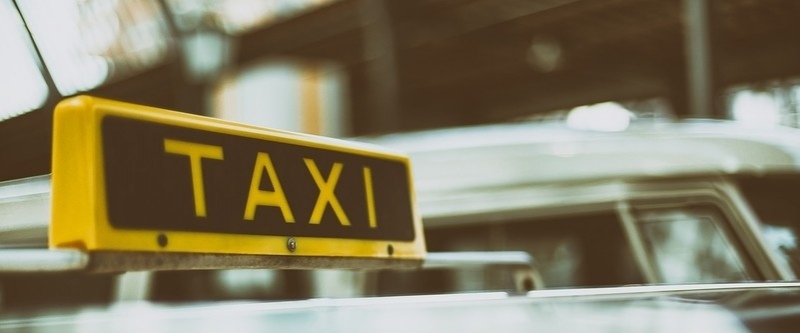Travel Allowances
While travel allowances are quite common in today’s employment arrangements, they are often misunderstood and incorrectly handled when it comes to tax time.
Travel allowances are often paid by employers and included on an employee’s payment summary as assessable income, however this does not mean that you can simply claim this amount as an expense. You must first determine whether the travel is a deductible expense and then whether you have maintained the necessary records that enable you to substantiate your claim.
Is it deductible?
Travel between home and work is generally not deductible, even if you perform minor work related tasks – for example picking up the mail on your way. This applies whether or not you are on call, there is no public transport near your work, you do some work at home or in some instances even if you need to carry bulky tools (if your employer provides a secure space at work to leave tools, you cannot claim travel.)
The most common example of deductible travel is when travelling overnight. Broadly speaking, employees who travel overnight in carrying out their work duties are usually entitled to claim a deduction for the cost of meals, accommodation and/or incidentals they incur in connection with that travel. However, any deduction must be substantiated, or subject to an exemption.
Is substantiation required?
If a travel allowance is not paid, written evidence (such as receipts/invoices) is required to substantiate all claims made and if this travel includes a period of 6 or more nights in a row a travel diary is also required. This needs to show the date, destination and purpose of any trips made while travelling.
When a bona fide travel allowance is paid and appears on your payment summary, the travel allowance substantiation exemption may apply, if the claim is within the ATO’s reasonable allowance amounts. These amounts are updated yearly by the ATO and prescribe reasonable expense amounts for accommodation, food and drink and incidentals based upon the city to which you travel. This substantiation can only be used when you actually incur the expense, are not reimbursed by your employer and your claim does not exceed these amounts. If your claim does exceed the ATO’s prescribed reasonable amounts, full substantiation is required for your whole claim, not just the excess.


